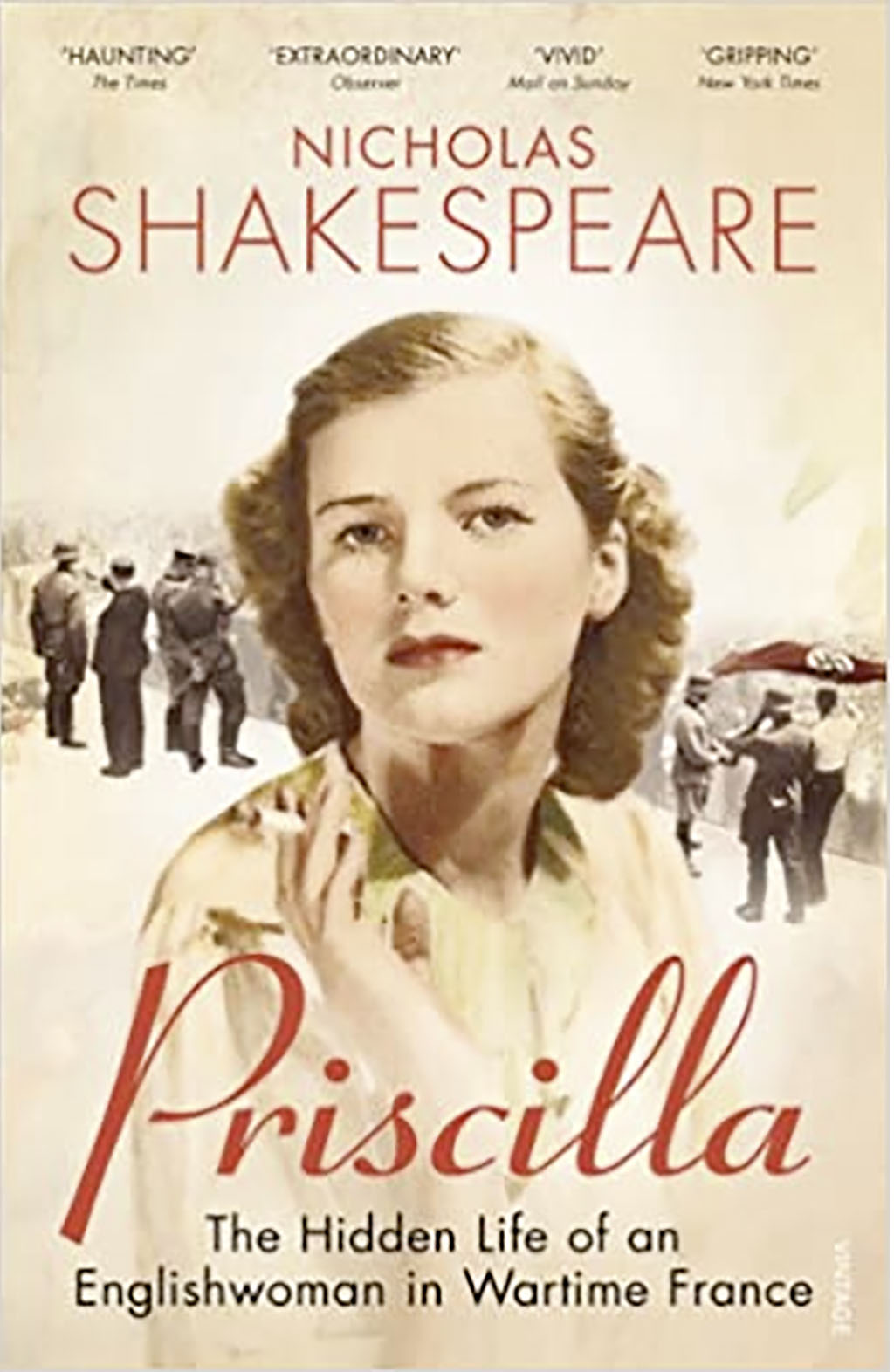Project Description

Priscilla, The Hidden Life of An Englishwoman in Wartime France, 2013.
Priscilla was the author’s mysterious aunt, who lived on a mushroom farm in East Wittering, overlooking the Isle of Wight. The eldest daughter of the author and broadcaster S.P.B. Mais, she had spent the war in Occupied France, married to an impotent Vicomte. For four years, Priscilla listened on pain of death to her father on the BBC. All through this time, her father never knew if his daughter was alive or dead; but nor did he ever learn what she had to do in order to survive – and how, as an enemy alien, she was forced to make choices that none of her family or friends in England ever had to face.
